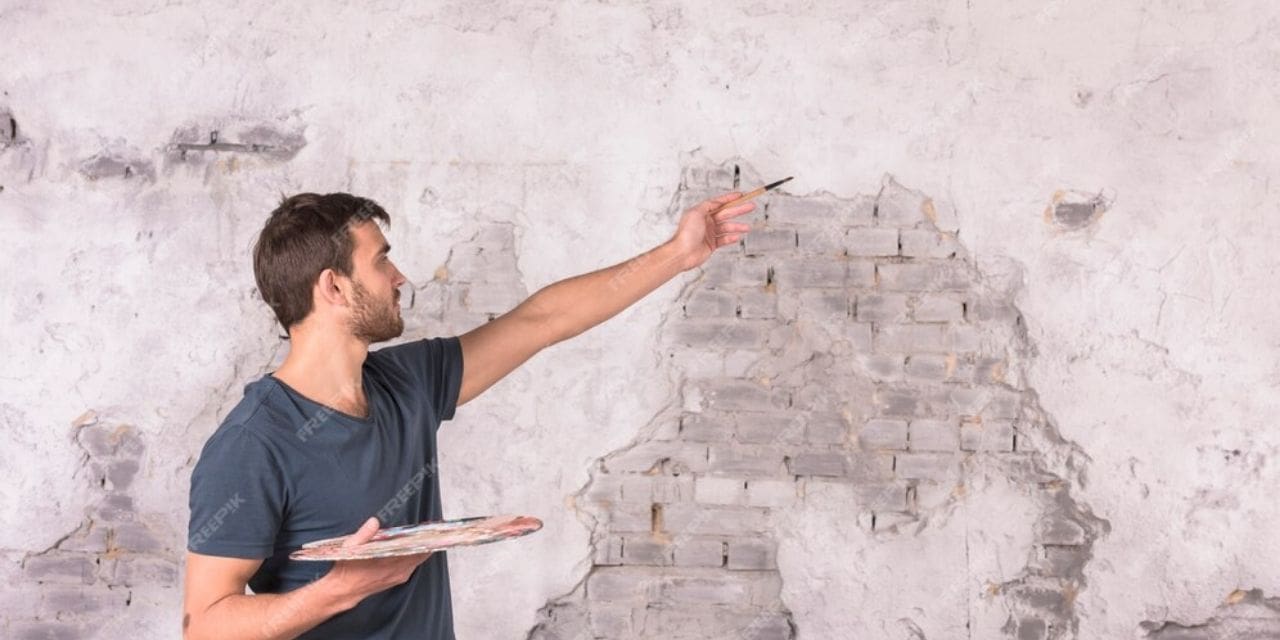Stucco is widely used in homes nationwide, especially in warmer climatic regions in the United States.
As the U.S. Census Bureau highlighted in its latest report, all new single-family homes built in the year 2023 featured stucco as an exterior coating material (26.8%), a significant increase compared to earlier years.
This practical and attractive material insulates the home well and saves energy, but it can also pose some problems related to moisture and cracking.
Whether you are planning to repair, sell, or buy a new home, it is crucial to hire a professional stucco inspector. These professional stucco inspectors help you identify the hidden issues that may be costly to address if diagnosed later.
But how do you ensure that the person you’re hiring is right for the job? Keep reading!
This guide will help you learn how to hire a stucco inspection expert for your home.
1. Understand the Importance of Stucco Inspections
First, let’s consider why stucco inspections are so important, as understanding this will help you proceed with the search for the right stucco inspector.
Stucco appears to be a durable material; however, moisture issues may pose serious concerns underneath the surface if left unattended.
Here’s why a stucco inspection is necessary:
- Moisture detection: One of the major objectives of stucco inspection is to first identify the presence of moisture. Ignoring such moisture damage may be catastrophic because it puts the structure at risk of further damage.
- Prevent costly repairs: Prevention is better than cure since small problems that are not well dealt with can lead to big problems that require a lot of money to fix.
- Maintain property value: A clean inspection report while selling a property with stucco means that the buyers will be convinced to hold on to their purchase.
Another aspect to understand is that stucco inspection costs may differ greatly depending on a property’s size and the complexity of the inspection. Therefore, you must learn more about stucco inspection cost through variously sources.
2. Look for Certified Stucco Inspectors
Another important factor that must be considered when assessing the competence of a stucco inspector is certification. Certified inspectors have specialized knowledge about stucco systems and moisture inspection and, therefore, are more equipped to look for potential issues.
Some organizations that provide stucco inspection certifications include:
- Exterior Design Institute (EDI): EDI-certified inspectors perform stucco and Exterior Insulation and Finish Systems (EIFS) inspections. They also undergo a lot of training on moisture identification.”
- International Association of Certified Home Inspectors (InterNACHI): Many InterNACHI-certified home inspectors also provide stucco inspections.
- American Society of Home Inspectors (ASHI): ASHI inspectors are usually knowledgeable in many home systems and can provide the right advice about a particular system, such as stucco.
3. Ask for Recommendations and Read Reviews
Speaking to people is still the best way to get referrals to professionals who are most preferably qualified.
Therefore, interview neighbors, friends or real estate agents. Inquire them whether they have ever engaged the services of a stucco inspector and whether they were contented with the service offered by the inspector.
Recommendations from other people can help you know more about the inspector’s work with other customers.
Besides friend’s and relatives’ recommendations, you can also use online reviews as valuable sources. Websites like Google, Yelp, and the BBB may offer a more comprehensive view of the inspector’s credibility.
4. Ensure the Inspector Uses the Right Tools

Of course, it’s also important to know that no two stucco inspections are identical.
Thus, a proper inspection should employ specific devices to find problems that may be hidden, especially water infiltration. Moisture issues are perhaps the most prominent issues that homeowners face with stucco, and basic inspections may not reveal them.
A reliable stucco inspector should use the following tools during the inspection process:
- Moisture Meters: These meters are used to determine moisture content below the exterior layer of stucco. Moisture probes are inserted into the wall through small holes drilled by the inspectors in concealed places.
- Infrared Cameras: Thermal imaging detects differences in temperature that may show signs of water seepage or issues with insulation in the walls.
- Visual Inspection Tools: Inspector tools include ladders, flashlights, and inspection mirrors to inspect hard-to-reach areas such as roof intersections or around windows where stucco failures are likely to occur.
5. Interview Potential Inspectors
After you have researched several potential stucco inspectors, it will be valuable to talk with these people to determine their experience level and how they would conduct an inspection for you.
Here are some questions you can ask to ensure you’re hiring the right professional:
- What certifications do you hold for stucco inspections? Make sure they have done their training in stucco or EIFS systems.
- How long have you been conducting stucco inspections? Experience is key when it comes to dealing with issues such as stucco.
- What is your process for inspecting stucco? Moisture testing should be performed, not only a visible inspection.
- Do you provide a detailed written report? An inspection report should at least contain information on the defects observed, their nature, and how they should be addressed.
- Can you provide references from past clients? It is recommended that their references be checked to ensure the quality of their work and their customers’ satisfaction.
Conclusion
Selecting the right stucco inspector is important in maintaining the condition of your home exterior.
You can make the best choice through certification validation, review and recommendation checks, and interviewing possible inspectors. However, don’t be in a hurry; choose a licensed and skilled person who will make a detailed inspection and save you time, money, and possible troubles in the future.

